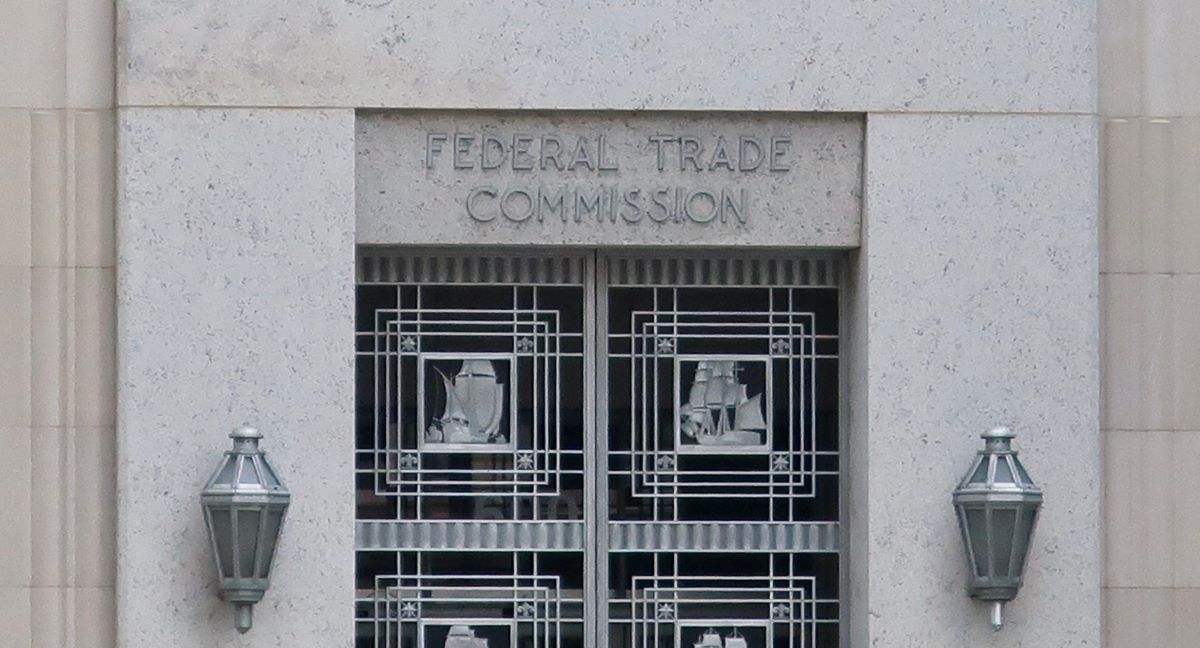FTC Issues Ban On Employers Issuing Non-compete Contracts

The Federal Trade Commission (FTC) issued a ban on Tuesday barring employers from imposing non-compete clauses on their employees. The ban passed on a 3-2 vote, with both Republicans on the FTC voting against the ban.
Non-compete clauses are a contractual term between an employer and a worker that blocks the worker from working for a competing employer or starting a competing business, typically within a certain geographic area and period of time after the worker’s employment ends.
- The FTC’s ruling leaves existing non-competes with senior executives intact while banning future non-competes for top corporate officials.
- The rule is intended to go into effect 120 days after it is published in the Federal Register.
In February, PPAI Media listed non-compete clauses as one of the key employment areas to watch in 2024 after the FTC proposed the legislation that this ban initially stemmed from in January. Last year, Joshua White – then the head of strategy and general counsel at BAMKO and a member of the PPAI Board of Directors – wrote a column for PPAI Media arguing against non-compete contracts as a practice in promo and predicting this week’s outcome.
“The point here is not to challenge your opinion on non-competes,” White wrote. “I expect the FTC will take that issue out of your hands soon enough. My point is to challenge the way you think about people, culture and the role you play in shaping both.
‘Undeniably Impactful’
Maurice Norris, PPAI’s public affairs manager, states plainly that the ruling has obvious implications for companies in the industry that have non-competes baked into their standard hiring process.
“This new rule from the FTC is undeniably impactful,” Norris says. “It doesn’t just mandate communications to current employees, but additionally requires companies to eliminate most existing non-competes, with some exceptions. The 120-day effective date is also approaching soon.”

FTC Commissioner Rebecca Kelly Slaughter issued a statement on the topic of non-competes, claiming that they put American workers in a position in which they cannot move freely within an industry they may excel at.
“It is so profoundly unfree, and unfair, for people to be stuck in jobs they want to leave [as a result of non-compete contracts],” Slaughter says.
- The ruling that passed Tuesday reflects the draft that was proposed back in January with the exception that existing non-competes specifically with senior executives can remain in place. No future non-competes are allowed, for senior executives or otherwise.
The two dissenting voters clarified that their issues were with the agency’s authority to issue the ban, rather than the merits of the ban itself.
Not The Final Word
Non-compete contracts are unlikely to go away without a fight. It is expected that multiple lawsuits will be filed by business groups questioning the FTC’s ability to issue such a ban.
- The U.S. Chamber of Commerce has already stated that it intends to sue in order to block the ruling.
“This decision sets a dangerous precedent for government micromanagement of business and can harm employers, workers and our economy,” says Suzanne Clark, Chamber of Commerce president and CEO. “The Chamber will sue the FTC to block this unnecessary and unlawful rule and put other agencies on notice that such overreach will not go unchecked.”
Norris anticipates that a Congressional Review Act resolution will follow the FTC ruling in the near future.
- The Biden administration has argued that non-compete contracts ultimately harm individual workers, lower wages and create negative ramifications on the U.S. economy.

